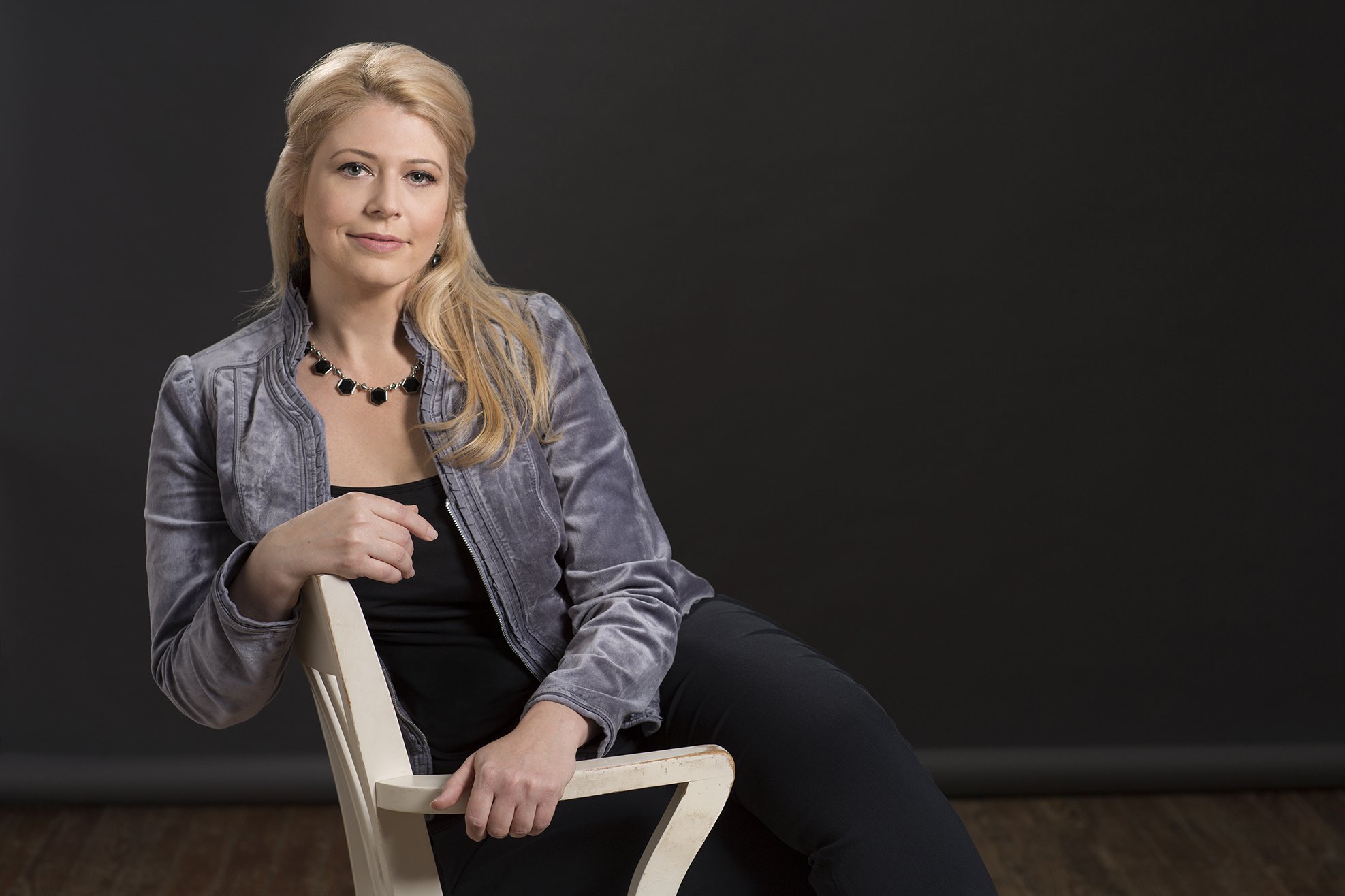A young girl from northeastern Pennsylvania who lost her mother at the age of two, Elaine Ross loved to explore the woods, ride her Honda 70 cc motorcycle and listen to the birds sing. She lived alone with her father, and this young girl, who later became malpractice medical defense attorney, had to grow and navigate life and womanhood on her own.
Her father’s death in her freshman year at Wilkes College in Wilkes Barre, Pennsylvania left Ross, once again, to take care of herself. It was in this moment that Ross decided that she would never feel this helpless: “I was going to make something of my life so that I could support and depend on myself.”
She began thinking about attending law school and she went to a more challenging university, Temple University in Philadelphia. She received her bachelor’s degree in 1981 with a major in Economics and went to the University of Toledo Law School in Toledo, Ohio by Fall 1981.
Her first day in law school consisted of a Contracts class, and Ross found herself “intimidated and scared to death by the class and professor.” She decided to “mature a little more before attending law school.”
She worked as an Economic Research Assistant at Federal Reserve Bank of Philadelphia and she attended Widener Law School Evening Division since fall 1982.
All the while, a new trend was emerging in the community of law. According to an article by The Atlantic discussing women in the workforce throughout history, since 1983, just about the time when a young Elaine Ross was developing into the attorney she is today, “the percentage of lawyers who [were] women had risen from two to 15 [percent.]”
In the law school, Ross faced the backlash of the socially constructed workforce of the times. “I learned for the first time that women were considered to be lesser than men. I was shocked. I remember thinking to myself in the law library that hell, I didn’t even know any ‘boys’ who were smarter than me. It was very disturbing,” but this was only the beginning.
While working her first job as a law clerk, Ross was sexually harassed by her boss, a problem all too familiar in present day as well: “He told me that he needed me to accompany him to an accident site, I got into his car with him. He drove to the accident site, took photos and then we got back into the car. Instead of taking me back to the office, he took me to his house—drove his car into the garage and closed the door behind it, trapping me inside.”
After finally convincing him to take her to the train station in order to escape, “he constantly criticized [her] work,” and ultimately when she left, “he gave [her] negative job reviews until [she] sent him a legal case showing that [she] could file an action against him” for his slander. This, however, was not the end of her experiences.
While working at White and Williams, Ross saw another woman’s years of hard work be marginalized in the firm’s efforts to celebrate its first female attorney: “It was a woman who graduated from law school in the 1950s. She started off working as a secretary at the firm for many years until [it] finally recognized that Virginia Barton Wallace was a capable attorney. In the firm write up about her, [it] never mentions that she was hired as a secretary and worked as one for many years before being permitted to practice law.”
According to Ross, “women have been marginalized in the field of law by being denied partnership, being given less prestigious assignments, less contact with important clients and less opportunity to practice law in the courtroom.”
Intimidation from opposing male counsel, clients referring to her as the “lady lawyer” and judges consistently mistaking her male clients for attorneys simply because of gender showed her the struggles that came along with being a female attorney: “After having won more than 30 medical malpractice jury trials over the years since then, I find that judges don’t seem to accept my authority or opinion as readily as they accept the opinion of a man.”
Fortunately, situation has “vastly improved within the last 30 years”. Nearly half of the attorneys in today’s society are female.
This changing narrative, according to Ross, is fostered by women’s ability to enter the courtroom and rely on their hard work, skill and preparedness: “Many male attorneys have grossly underestimated my skill as an attorney based on my sex only to find themselves at the losing end of the verdict slip. I guess what I am saying is that men getting their butts kicked by women in the practice of law is changing the sexist narrative more than anything else.”
When asked what advice she would give to women aspiring to follow her footsteps, she talks of persistence, belief in one’s self, abilities and diligent work: “A woman needs to know who she is—see her strengths and weaknesses—weigh them carefully, work hard and keep her thoughts positive and she will succeed beyond her wildest dreams.”


































